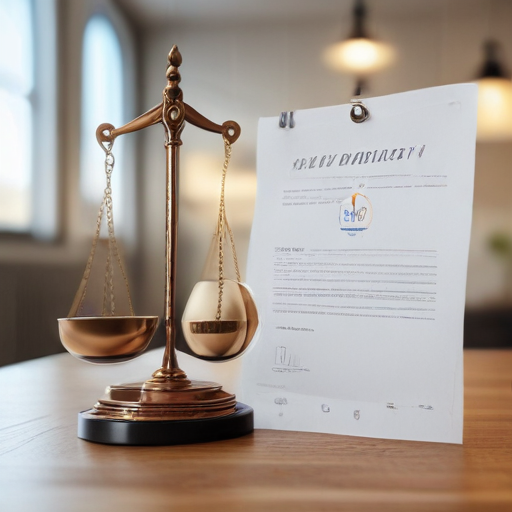As challenges to diversity, equity, and inclusion (DEI) programs reach unprecedented levels, employers still have a legal obligation to ensure equal employment opportunities (EEO). The intricacies of this issue have intensified amid executive orders from former President Donald Trump, which prohibit certain DEI practices by federal entities but leave the term “illegal DEI” undefined. This lack of clarity may prompt federal agencies to scrutinize the DEI practices of private employers more closely.
It’s imperative to recognize that DEI, when implemented correctly, does not inherently violate laws against discrimination as outlined in Title VII of the Civil Rights Act and other similar regulations. Discrimination based on race, gender, or protected characteristics remains unlawful, irrespective of its framing under the DEI umbrella.
Given the current landscape, employers face heightened risks of litigation and challenges to their DEI initiatives. To navigate this complex environment, organizations can adopt a proactive stance by conducting comprehensive DEI assessments. These assessments should evaluate existing policies and practices to identify both strengths and weaknesses in EEO compliance, providing insight into potential legal, business, and reputational risks.
Employers should also be particularly cautious with how they communicate their DEI and EEO practices, avoiding the use of shorthand or acronyms that could be misconstrued as discriminatory. Clarity in messaging is essential to reinforcing a commitment to equal opportunities for all employees without suggesting favoritism towards specific groups.
Moreover, organizations must prioritize a culture of respect and nondiscrimination, ensuring that their policies extend to all employees regardless of their protected characteristics, including gender identity and expression. Implementing regular analyses of hiring and promotion practices can help to eliminate favoritism and reinforce compliance with EEO laws.
By remaining dedicated to creating a diverse yet legally compliant workplace, employers can not only fulfill their obligations but also foster an environment of inclusivity that benefits all employees. The continued evolution of DEI programs necessitates vigilance and adaptability, but these values ultimately contribute to a healthier workplace culture.
Ultimately, while the challenges facing DEI programs are significant, the legal framework supporting equal opportunities for all presents an opportunity for organizations to set a strong example in workplace equity and inclusion. By approaching DEI strategically and with mindfulness, employers can navigate these turbulent waters successfully.
